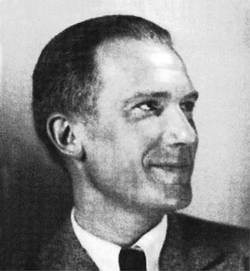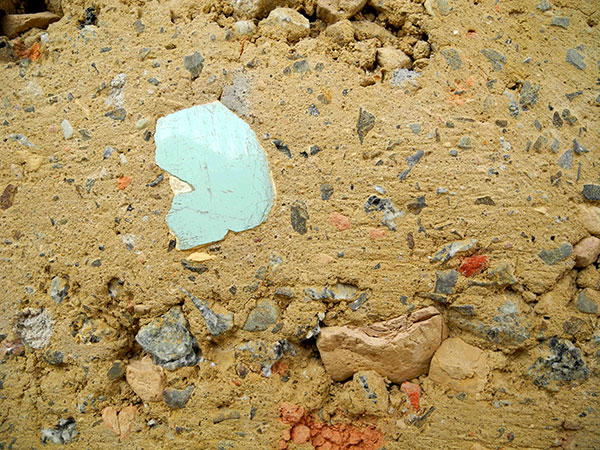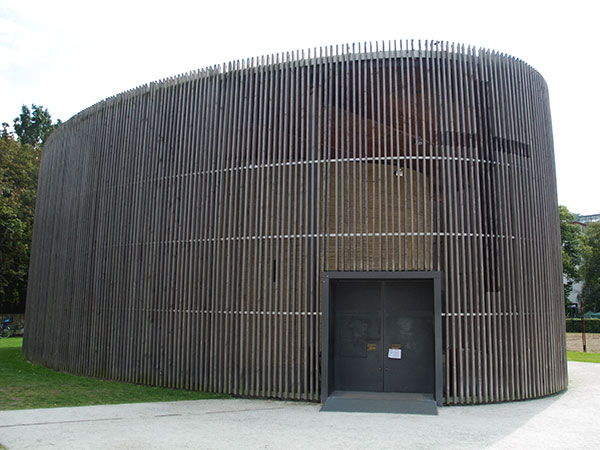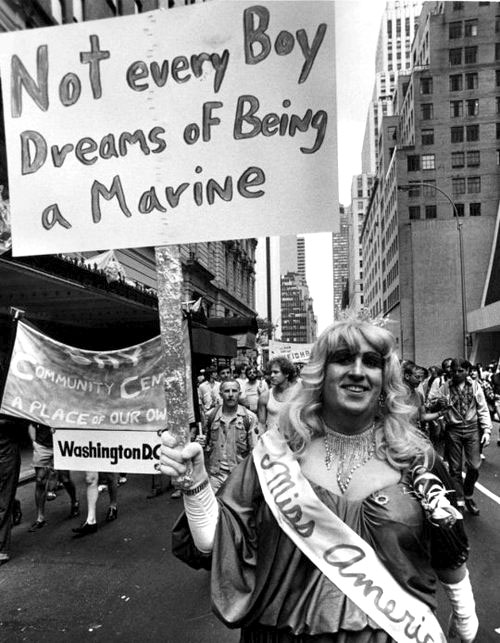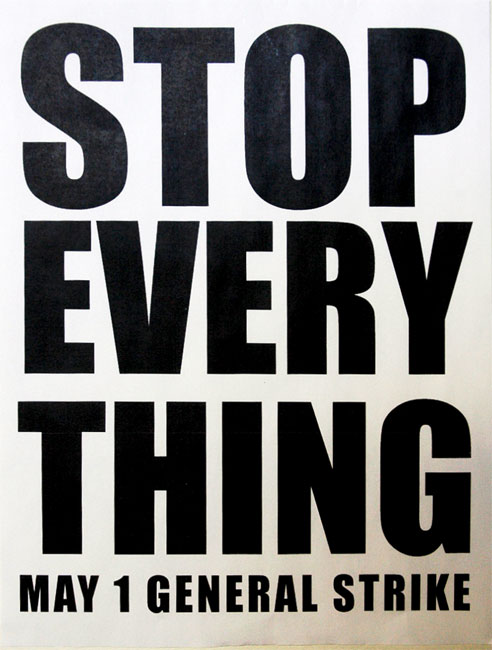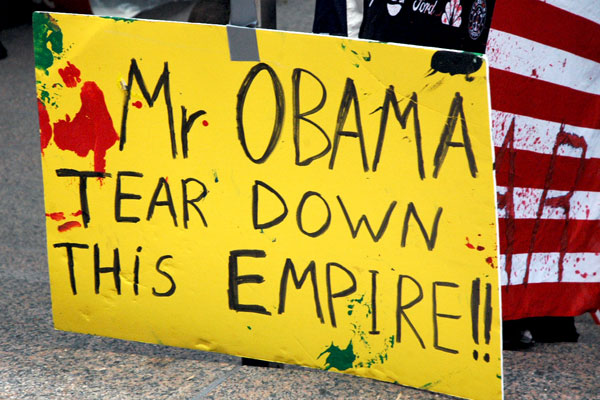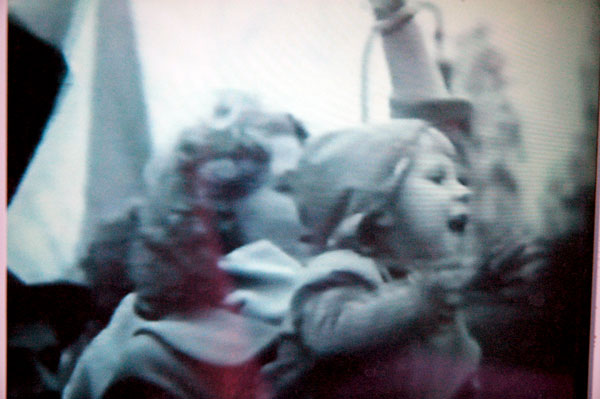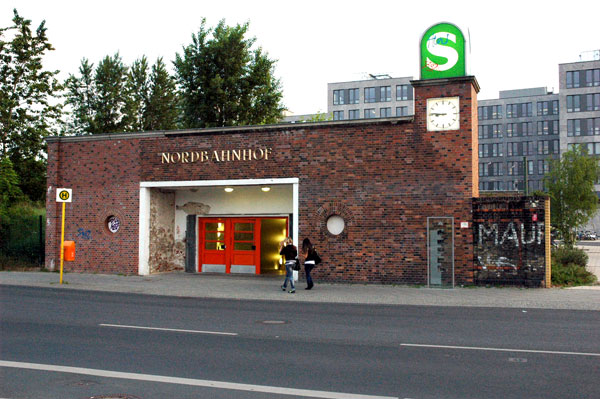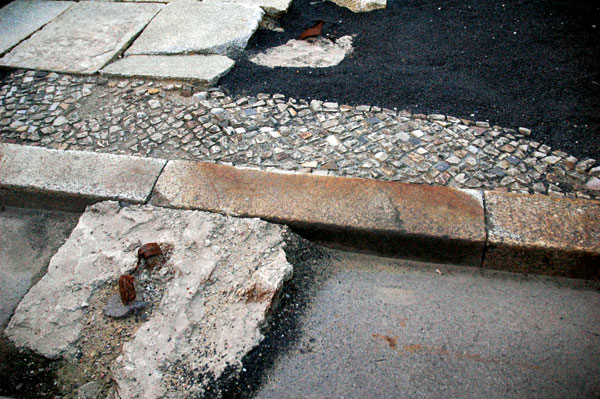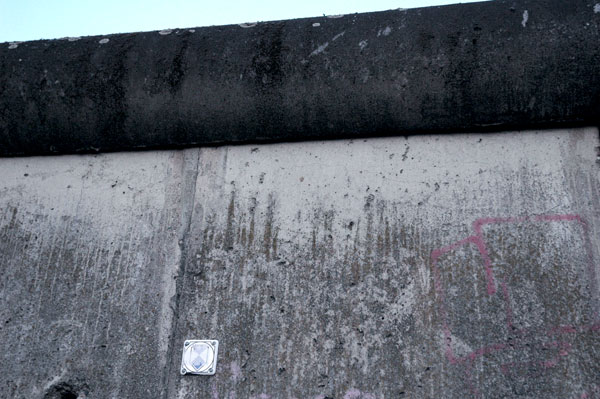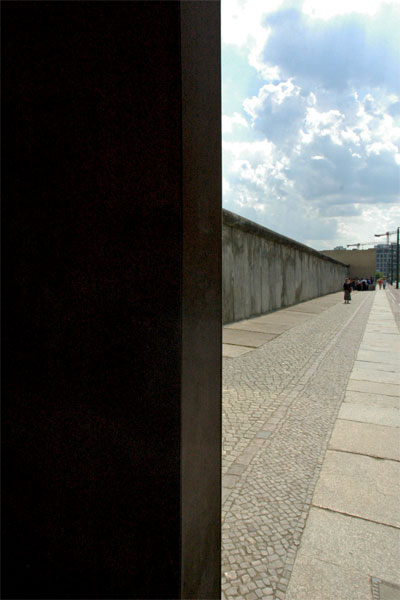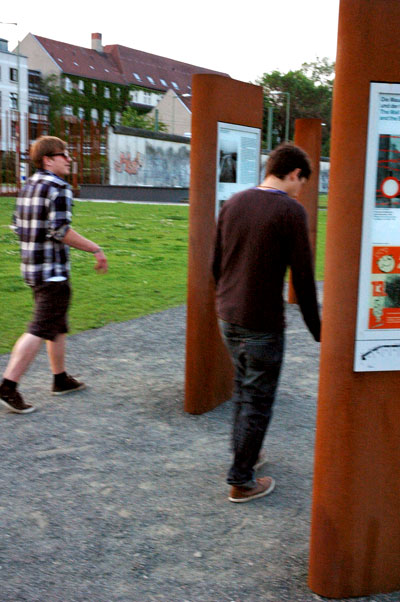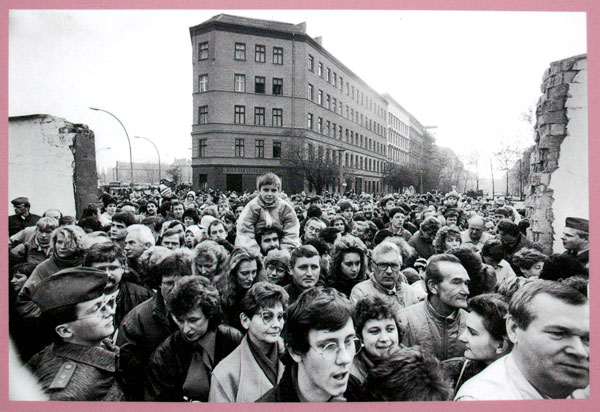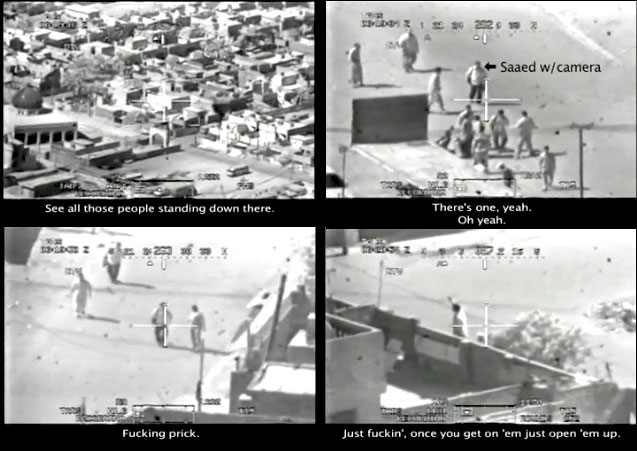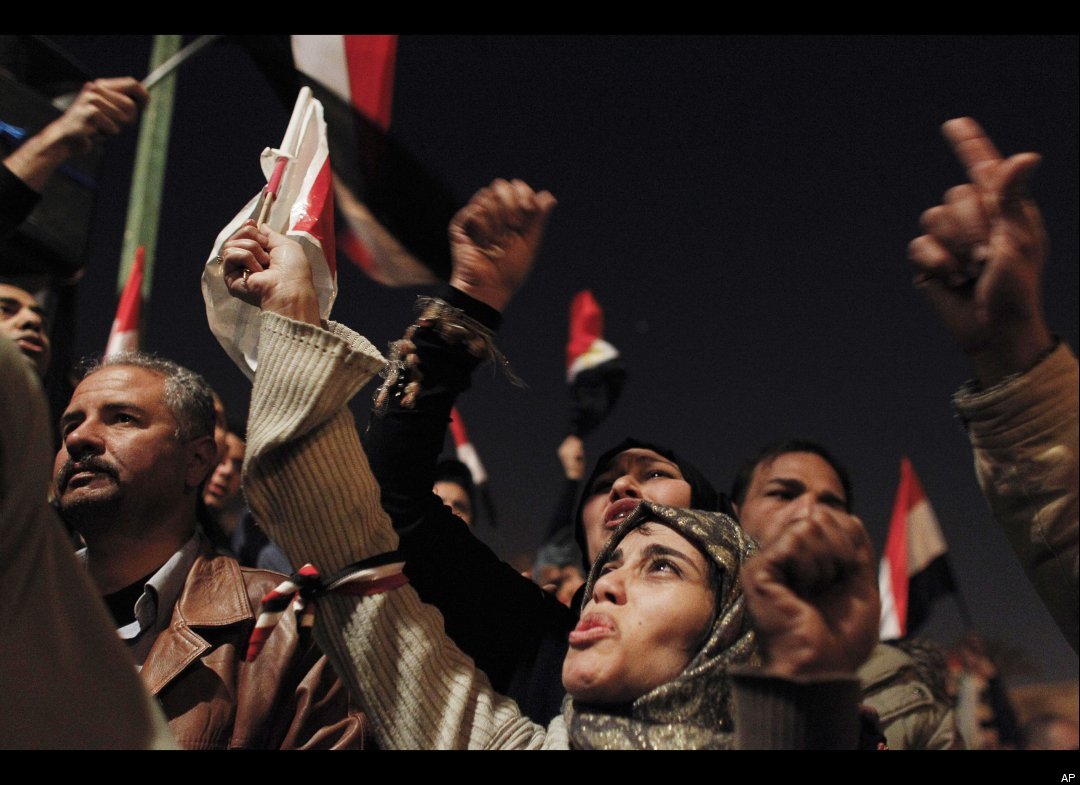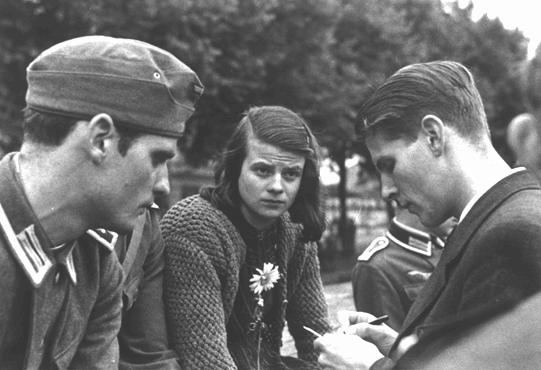
surely we can hold ourselves to a higher justice than that which condemned them
The Six core members of Die Weisse Rose (The White Rose), a non-violent resistance group in Nazi Germany, were arrested by the Gestapo, tried and executed in 1943. Some of the male members had been activated for military service and been witness to atrocities, both on the battlefield itself and against civilian populations. The group had become known over the eight months prior to the arrests for an anonymous leaflet campaign describing what the government was doing and calling for resistance. The text of their sixth and final leaflet was smuggled out of the country and copies of it were dropped over Germany by Allied planes.
Today the members of the White Rose and others who opposed the Nazi regime, including those inside the government and the military who revealed the plans of the Nazis to other governments both before and after the war began, are honored as some of Germany's greatest heroes. They acted from conscience and spoke truth to power; almost all of them paid for it with their lives.
Pfc Bradley Manning is their heir. Having learned about government and military lies, official war crimes, and having even been asked to contribute to them, he could not claim ignorance, or deny his moral responsibility to expose and to put an end to the hypocrisy and the atrocities.
Manning is the real thing.
Manning is a hero, not merely for what he did, which is only what morality and codes both command, but because doing it is still today an exceptional act for anyone within government or the military. He is also a hero because he is being punished horribly for doing it - by the real criminals themselves. Finally, and perhaps most discouragingly, he is a hero because, although he has not been tried or convicted of any crime, most Americans seem to believe he is a traitor, or much worse.
The shy young army private did precisely what all members of the armed forces are supposed to do, and have been instructed to do, at least since the 1946-1947 Nuremberg Trials. Those processes established that the traditional military defense of just following orders, the "Superior Orders" plea, isn't enough to escape punishment.
These trials established the "Nuremberg principles," which provided the basis for all subsequent prosecutions, anywhere in the world, for crimes against the peace, war crimes, crimes against humanity, and genocide. They continue to stand even if most Americans do not believe this sort of thing could apply to them. They are encouraged in maintaining this perverted self-deception by their most exalted leaders: When he was asked about the possible prosecutions for American torture practices, our current President says he's "a strong believer that it's important to look forward and not backwards."
In fact, most of us share directly in the guilt for American crimes at home and abroad. We've been waging wars on the other side of the planet - shamefully - for almost ten years. My partner Barry ended a 2007 post on American electoral politics: "Americans didn't exactly reject the Bush administration in 2004, when we had all seen the images of Abu Ghraib, and knew that they had no legitimate evidence of Iraqi WMDs. When Americans . . . say the people of countries like Germany under the Nazis were guilty, what does that say about us?"
Any individual or group choosing to describe and oppose criminal U.S. policy on ethical or moral grounds is without honor in this country today, this in the nation which was so instrumental in destroying Nazism and creating the document which set guidelines for determining what constitutes a war crime. Manning's experience confirms this.
The most salient muckraker in the country today is now the least visible to his fellow citizens.
Manning remains locked in solitary confinement, ten months after being arrested for allegedly passing a mountain of digital "U.S. secrets" to WikiLeaks. He awaits his kangaroo court. Meanwhile, inside the Marine brig he is subject to no-touch-torture regimens which include being stripped naked each night and forced in the morning to stand outside his cell naked for "inspection." After the revelations about American prisoner treatment over the last ten years, I think we know what that's all about.
Meanwhile the real criminals, inside government, corporations, or the military, are free to continue the practices which were the subject of Manning's whistle-blowing (no 5 am naked inspections for them). Those at the top have flourished and become rich, but those who would point out their crimes are ignored, punished, or imprisoned (and in at least one extraordinary case, fired for speaking out).
Ours may be the least responsible government in the West. Its elected (a generous adjective) officials do not pursue even in the most general terms the policies which the voters enjoin on them, and the mainstream media doesn't cry foul. It's the height of idiocy for citizens of a modern republic to believe in the first place that they could trust the paid officers of an unrepresentative and irresponsive oligarchy to know what is best for them, but to permit them to properly administer the affairs of the citizenry in secrecy is more dangerous still. The secrets, in any event, belong to the people. Bradley Manning is the agent of their retrieval. He is our tribune.
We know that as a nation we've been bad, very bad; an impenetrable cocoon of silence at the top means that no one with any political power will admit it; but worst of all, too many "good Americans" also refuse to admit that we might be guilty of anything.
Surely we've never engaged in optional wars, tortured the state's "enemies," or killed incalculable numbers of innocents in the nations we've invaded. Nor have we enslaved many of our own people, or placed others in concentration camps solely on the basis of race, and we've never corrupted our own constitution or judicial systems in the name of "national security."
Or if we have done those things (we have, and we're still doing some of them today), maybe we stay silent because we didn't do them on a Nazi scale. Or maybe it's because we think our shit don't stink.
David House
David House is Manning's support team. He is a friend, and a computer scientist now a researcher at MIT, who visits him in jail twice a month, one of the very few people permitted to do so. On December 23, 2010, House appeared on MSNBC's Dylan Ratigan Show, guest-hosted by Jonathan Capehart, to describe his latest visit. I transcribed a section of his statement in a video shown on Firedoglake (FDL), specifically, Firedoglake TV:
After commenting that there are laws protecting whistel blowers in the United states, Capehart asked House, "Do you think Bradley Manning did anything wrong?" He replied: "If the allegations against Bradley Manning are true, I think he is an ethical giant of our generation. I think perhaps in this case America has judged him in the press much too quickly, and we should really reconsider why we keep alleged whistle blowers locked up in solitary confinement."
When he was asked if he holds Assange resposnsible for the situation in which Manning finds himself, House responded that he would have to have information about whether they had a relationship, adding that all information to that effect is coming out from one very unreliable source [Adrian Lamo]. "So I don't think that's something I could speculate on now." Capehart then suggested they talk about House's thoughts on what Assange has done with the information that he has released via WikiLeaks. House: "So I think that the underlying principles of the WikiLeaks organization are actually principles which are very much in line with most American ideals, the principles of open government, the principles of government transparency; so at least from an abstract, 30,000 foot perspective, I think the actions of WikiLeaks are very much in line with the principles of the American people.
I can't imagine a better spokesperson. House is awesome.
EXPOSING WAR CRIMES IS NOT A CRIME!, reads the banner on the home page of the Bradley Manning support site. There are demonstrations of support planned for Manning all over the world tomorrow, March 20. The site has information for all of them. The gathering in New York will be at 2 pm in Union Square. Clothing optional.
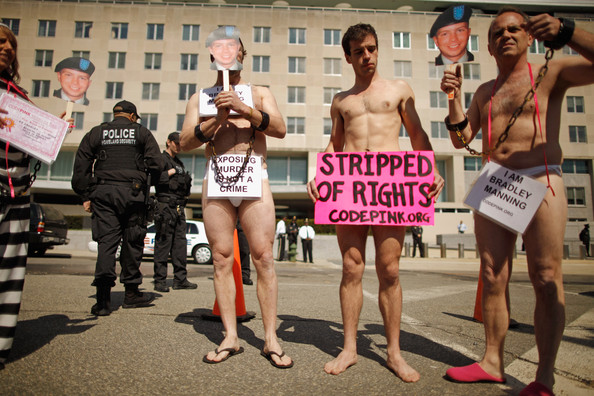
supporters of Army Pfc Bradley Manning at a rally at the State Department March 14th
(SF activist Logan Price, in the pink sign, writes on FDL about why he got naked)
APPENDIX I: Manning was, and still is, a very young man (only 21 when he first started transferring classified data into his personal computer). He was not a sophisticated undercover agent. It seems to me that he was in the place where he found himself, where he had incredible access to government documents, because he was smart and because he was a techie, in fact a computer geek. I also can't help noticing that, since Manning is gay (openly for I don't know how long), the army may have chosen neither to ask nor to tell; there just may not be enough straight men who answer that description and are also willing to serve their country, as Manning was when he enlisted (and is now more than ever, as we see). But all of that, including the impact upon Manning's story of DADT is the subject for another discussion altogether.
APPENDIX II: [This account of how Manning met House is taken from the Wikipedia entry for Manning] While he was at Fort Drum in New York, Manning regularly traveled to the Boston area to visit his then boyfriend, Tyler Watkins, who was studying neuroscience and psychology at Brandeis University. At Brandeis he "was introduced to Watkins's network of friends, and the university's hacker community, as well as its ideas about the importance of information being free. He visited the university's "hackerspace" workshop, and met David House, the computer scientist and MIT researcher who has been allowed to visit him in jail twice a month, the only person apart from his lawyer with permission to do so."
[first image from Wikipedia, the second from Jay Marx's Zimbio photostream]

